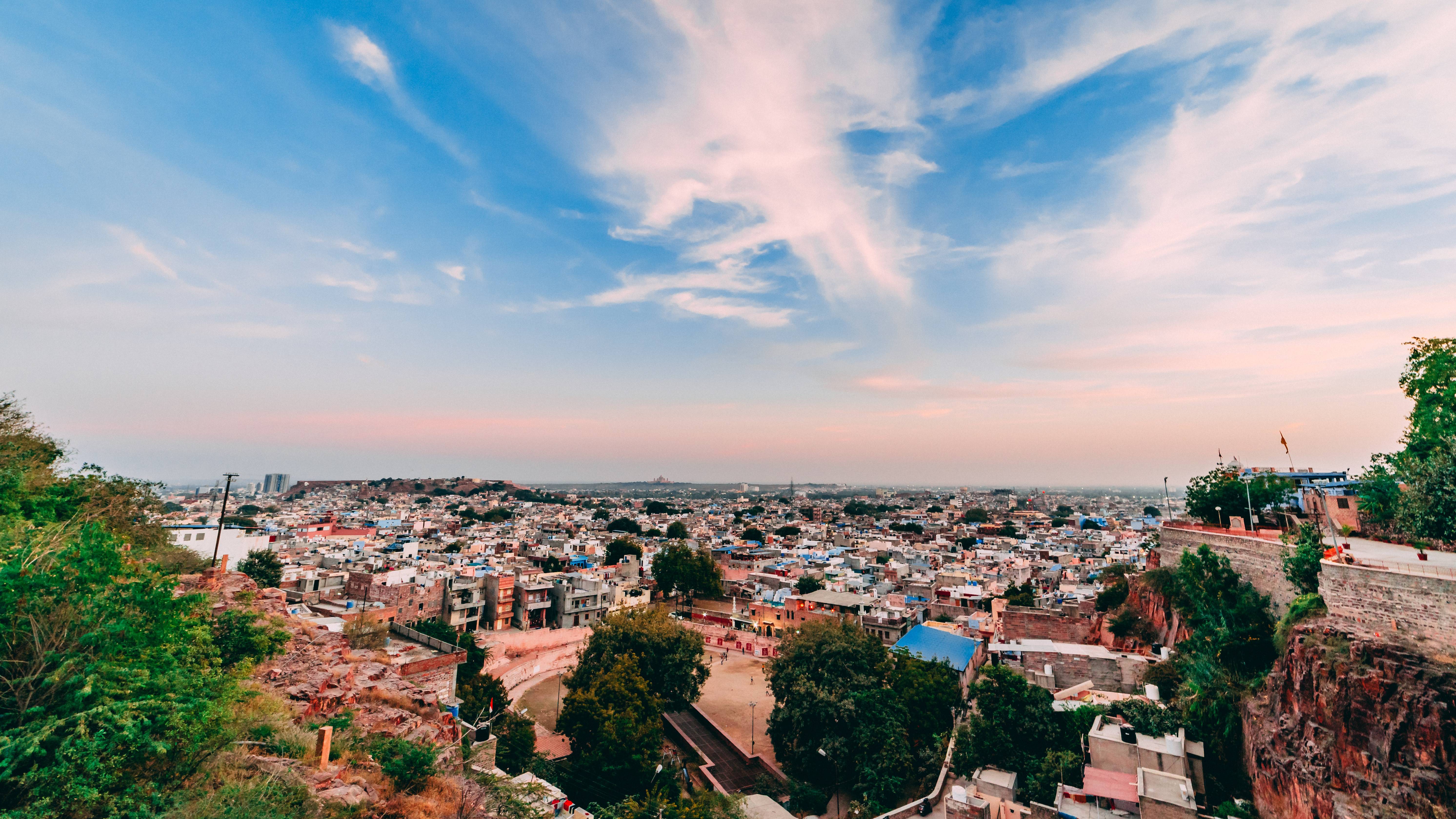
Delhi, 28 August, 2018 – Today, the SWITCH-Asia SCP Facility supported by the European Union Delegation to India (EU) and Development Alternatives organized the first of a series of Multi stakeholder Consultations on Sustainable Consumption and Production (SCP). These meetings will roll out in India over the next four years and support the country’s commitment for achieving sustainable development, including via India’s Nationally Determined Contributions (NDCs). This event brought together a rich tapestry of concerned stakeholders, including policymakers, practitioners and civil society to discuss challenges and identify national priorities on SCP, ultimately aiding India’s progress on the United Nations 2030 Sustainable Development Agenda and its Sustainable Development Goals (SDGs).
The main discussion centred on understanding the relevance and necessity for SCP and its role in supporting development policies. The housing sector received particular attention as discussions continued with representatives from the Government, including the Ministry of Environment, Forest and Climate Change and the Ministry of Housing and Urban Affairs. As the current affordable housing shortage in urban India stands at approximately 11 million and at around 40 million in rural areas, it was no surprise that this theme received special attention.
With experts from government, business and civil society as well as the United Nations and the Global Green Growth Institute participating, insight was shared on the current policy landscape and practical responses that can aid India in its pursuit of sustainable development. In its role to strengthen policy across 19 countries in the region together with the Regional Policy Advocacy Component implemented by UN Environment, the EU funded SWITCH-Asia SCP Facility, offered preliminary results of its national assessment before initiating an interactive discussion between the different stakeholders on challenges and opportunities for action that can provide support in better framing relevant needs around a limited number of priorities for an effective change of the current mostly unsustainable consumption and production patterns with regards to the new lifestyles trends. India has the potential of cleaner, resource efficient production systems driven by Micro, small and medium enterprises (MSMEs).
While this consultation is the first step towards discussing and understanding policies and practices on SCP in India, the feedback today sets the tone for larger consultations to be organized in the country. The EU Delegation to India has high hopes for India’s SCP future as EUD noted, “The EU and its Members States are actively engaged in promoting Sustainable Consumption and Production towards Green Economy and we are engaged financially but also in terms of sharing know-how and experiences with our partner countries such as India. The outcomes of today’s SCP Consultation will form the road map for the SWITCH-Asia Vision Document on SCP and Housing Sector in India”.
The Government of India has continued to search for ways to move forward on sustainable development and today’s event reaffirmed this national commitment. As Mr. A.K. Jain (IAS), Additional Secretary, Ministry of Environment Forest and Climate Change, Government of India, stated “Sustainability is about competitiveness and should address the needs of the MSMEs. India needs a SCP mother policy with the right institutional framework and implementation means and effective engagement of concerned stakeholders.“
SWITCH-Asia SCP Facility’s Team Leader, Dr. Arab Hoballah remarked on the consultations as “essential for building an understanding between all stakeholders on needs in order to make partnerships more effective and ultimately seize the opportunity we have to mainstream SCP into development policies across all sectors. SWITCH-Asia will continue to support this process and look forward for seeing results, beginning with the housing sector.”
Development Alternatives, a social enterprise that engages in scientific research on SCP as well as project implementation, will also continue to be an important partner for this work. As Dr. Ashok Khosla, Chairperson, Development Alternatives explained, “Without radical change in our consumption behaviour and production methods, the ecological and the social future – and therefore our economic future – is in serious jeopardy. Switch, the SCP programme for a more sustainable world is one of the most critical initiatives in changing our lives and livelihoods for a same and future for all.”
While the needs for delivering SCP are huge and challenging like in almost all the countries of the world, even if from a common but differentiated perspective, the stakeholders at this interactive consultation consider that it might be preferable focusing of few important sectors as housing and waste management, including plastics, while strengthening sustainable public procurement and resource efficiency throughout, ultimately providing adequate enabling capacity to Municipalities and MSMEs in eco-innovation for improved management of resources, energy, water, material and land.


